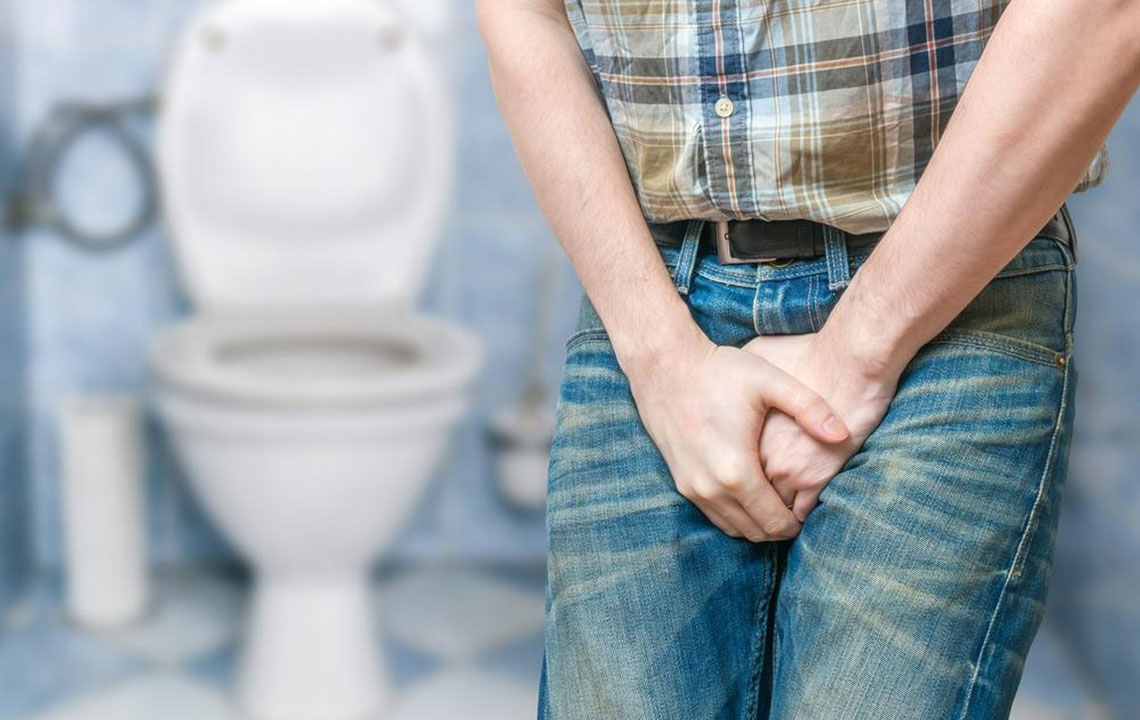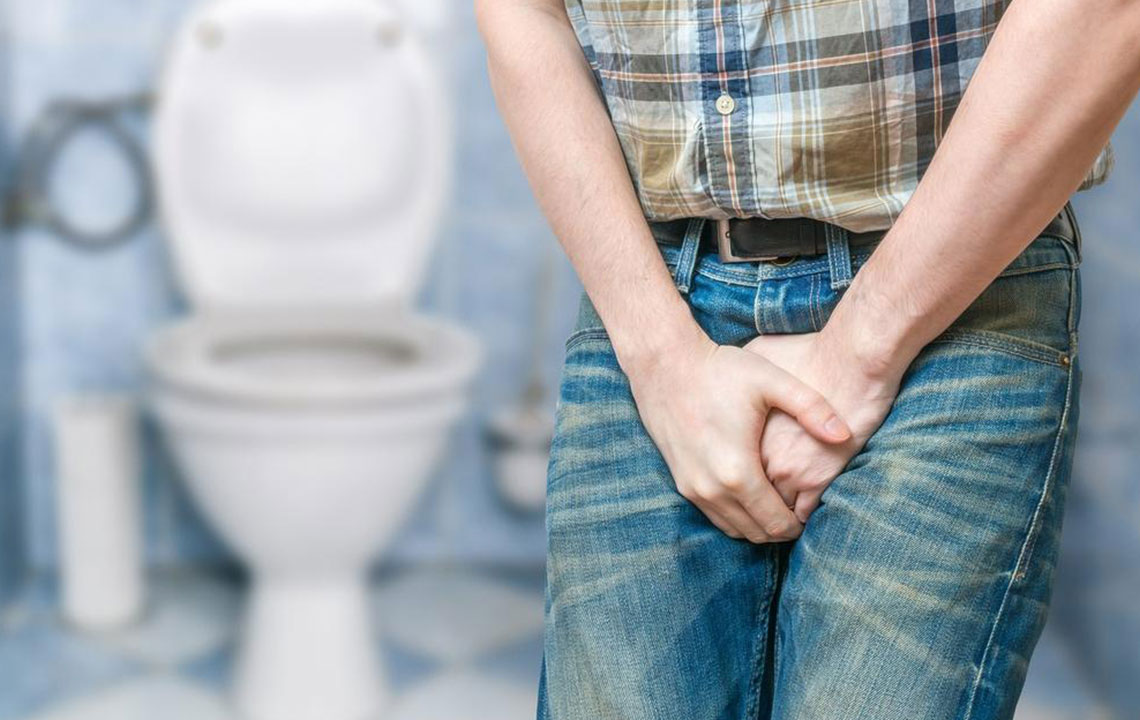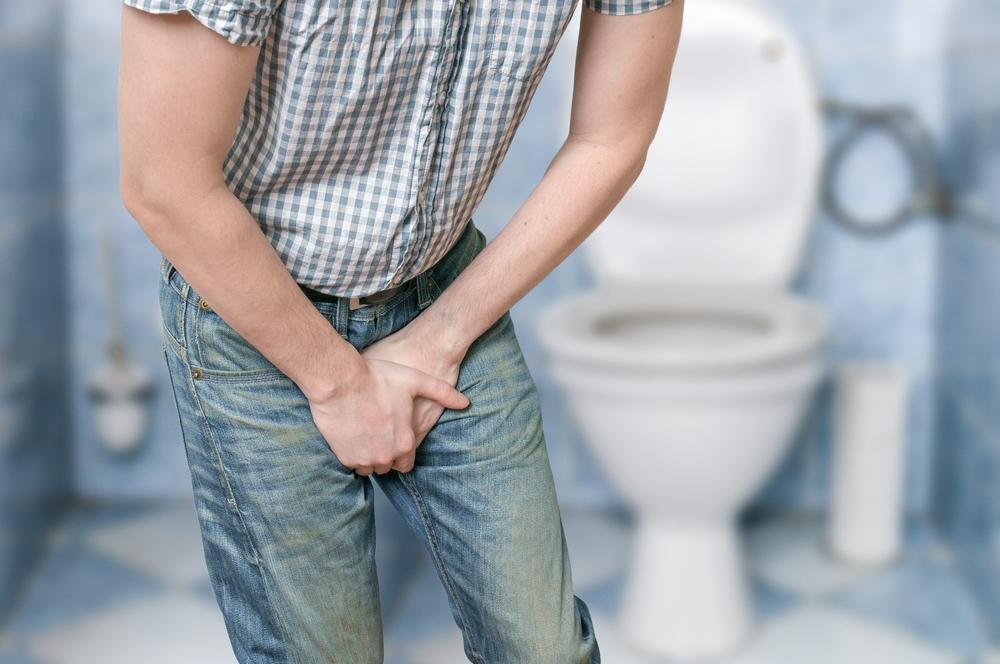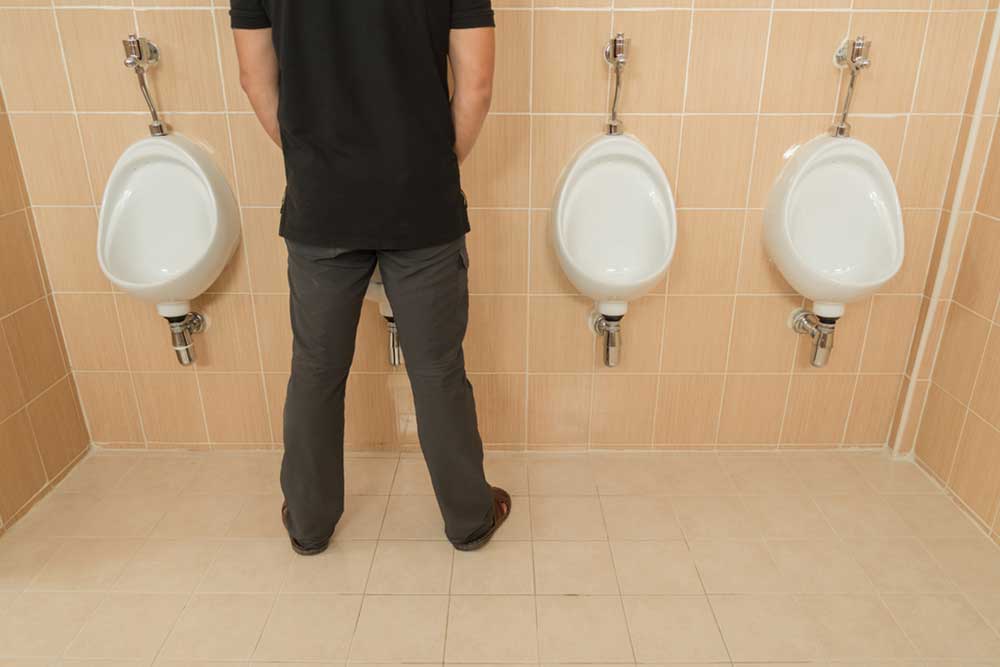Comprehensive Guide to Causes and Solutions for Men’s Frequent Urination
This comprehensive guide explores the various causes of frequent urination in men, including urinary infections, prostate issues, diabetes, neurological conditions, and more. It emphasizes the importance of early diagnosis and tailored treatment options, such as medication, lifestyle changes, and surgical interventions. By understanding these factors, men can better manage their urinary health and seek appropriate medical care to improve their quality of life.

Comprehensive Guide to Causes and Solutions for Men’s Frequent Urination
Experiencing frequent urination is a common concern among men and can significantly impact daily life and overall health. This issue may present itself as an urgent need to visit the bathroom multiple times a day, often accompanied by discomfort, urgency, or even pain. Understanding the underlying causes of frequent urination is essential for effective management and treatment. In this comprehensive guide, we explore the various reasons behind why men often need to urinate more frequently than usual, and what effective solutions are available to address this condition.
Frequent urination is clinically defined as needing to pass urine more than eight times within a 24-hour period. It can occur independently or alongside other symptoms such as burning sensation, urgency, or pain. While occasional frequent urination can be normal, persistent or severe symptoms warrant medical attention to rule out underlying health issues.
Understanding Overactive Bladder (OAB)
One of the most common conditions associated with frequent urination is Overactive Bladder (OAB). This condition involves a sudden, uncontrollable urge to urinate that occurs frequently throughout the day and often results in involuntary leakage of urine. OAB can affect both men and women but is especially prevalent among aging males. It often develops without any clear underlying disease, although it may be linked to other health problems. Recognizing symptoms early can help in managing the condition effectively.
Key Causes of Frequent Urination in Men
To better understand and address this issue, it is essential to recognize the various causes that contribute to frequent urination in men. These causes range from minor, temporary issues to severe medical conditions requiring prompt treatment. Below is a detailed overview of common causes:
Urinary Tract Infections (UTIs):
Urinary tract infections are among the leading causes of increased urination. Though UTIs are more prevalent in women, men can also develop infections within the urinary system, which can cause inflammation and irritation of the bladder and urethra. Symptoms often include a burning sensation during urination, lower abdominal pain, cloudy or foul-smelling urine, and occasionally fever. Prompt diagnosis and antibiotic treatment are critical to resolving UTIs and relieving symptoms.
Prostate Enlargement (Benign Prostatic Hyperplasia - BPH):
Prostate issues are a significant factor in male urinary problems. As men age, the prostate gland often enlarges, pressing against the urethra and obstructing urine flow. This obstruction causes the bladder to contract prematurely, leading to a frequent urge to urinate, especially at night (nocturia). Symptoms may also include weak urine stream, difficulty starting urination, and incomplete emptying of the bladder. Medical management includes medications such as alpha-blockers or surgical interventions like prostate resection if necessary.
Use of Diuretics:
Medications like diuretics, prescribed for conditions such as high blood pressure, heart failure, or edema, increase urine production. While effective in managing these conditions, they can lead to an increased frequency of urination, especially if taken during daytime or before bedtime. Adjusting medication timing or dosage under a healthcare provider’s guidance can help manage this side effect.
Diabetes Mellitus (Type 1 and Type 2):
Diabetes significantly influences urination patterns. Elevated blood glucose levels cause the kidneys to filter more fluid to eliminate excess sugar, resulting in frequent urination. Patients may also experience increased thirst, fatigue, and blurred vision. Proper blood sugar control through medication, diet, and lifestyle changes can reduce the incidence of excessive urination and prevent complications related to diabetes.
Neurological Disorders:
Conditions such as stroke, multiple sclerosis, Parkinson’s disease, spinal cord injuries, or nerve damage can interfere with the nerves that control bladder function. Disruption in nerve signals can cause either urgency, frequency, or retention of urine. Management involves a multidisciplinary approach, including medication, bladder training, and sometimes surgical procedures or nerve stimulation therapies.
Bladder Cancer:
Bladder tumors or malignancies may cause irritation and abnormal contractions of the bladder wall, leading to increased urgency and frequency. Other symptoms may include blood in the urine, pelvic pain, or systemic symptoms like weight loss. Early detection through cystoscopy and biopsy, followed by appropriate treatment such as surgery, chemotherapy, or immunotherapy, is vital.
Radiation Therapy and Cancer Treatments:
Radiation treatments targeted at pelvic or abdominal cancers can cause inflammation and damage to bladder tissues, leading to increased urinary frequency. These side effects are often temporary but may persist in some cases. Managing symptoms involves medications, pelvic exercises, and sometimes urological interventions.
Bladder Dysfunction and Other Factors:
Any impairment in bladder muscles or nerves—whether due to aging, injury, or congenital abnormalities—can lead to difficulties in storing urine or incomplete emptying, resulting in frequent urination. Conditions such as detrusor overactivity or poor bladder compliance are examples. Addressing these issues frequently involves bladder training, pelvic floor exercises, medication, or surgical options.
Fortunately, many causes of frequent urination are manageable through modern medical interventions, lifestyle modifications, and dietary adjustments. Consulting with a healthcare professional is crucial to conduct proper assessments, which may include urinalysis, ultrasound, or urodynamic studies, to determine the precise cause and formulate an individualized treatment plan. With appropriate diagnosis and treatment, men can significantly improve their quality of life and reduce symptoms of urinary frequency.





